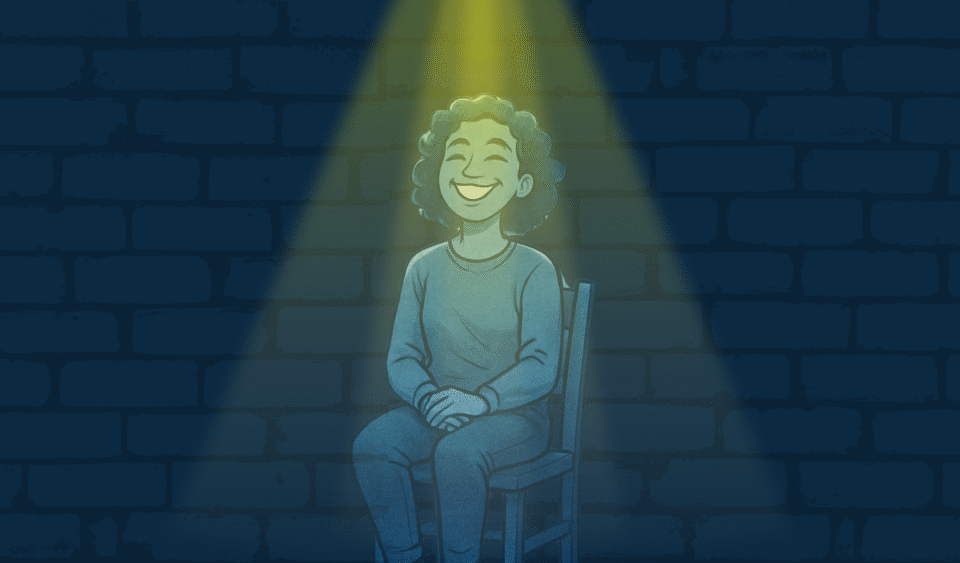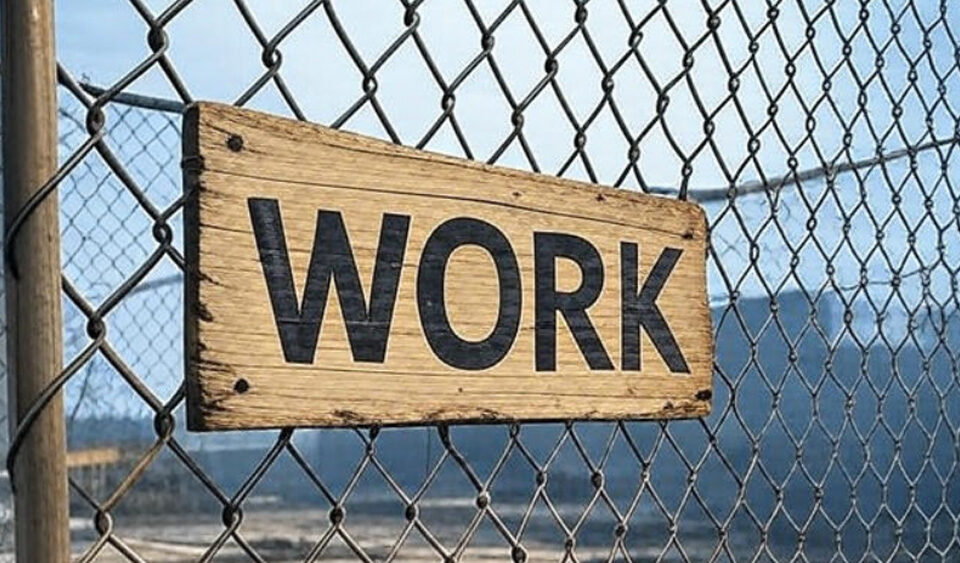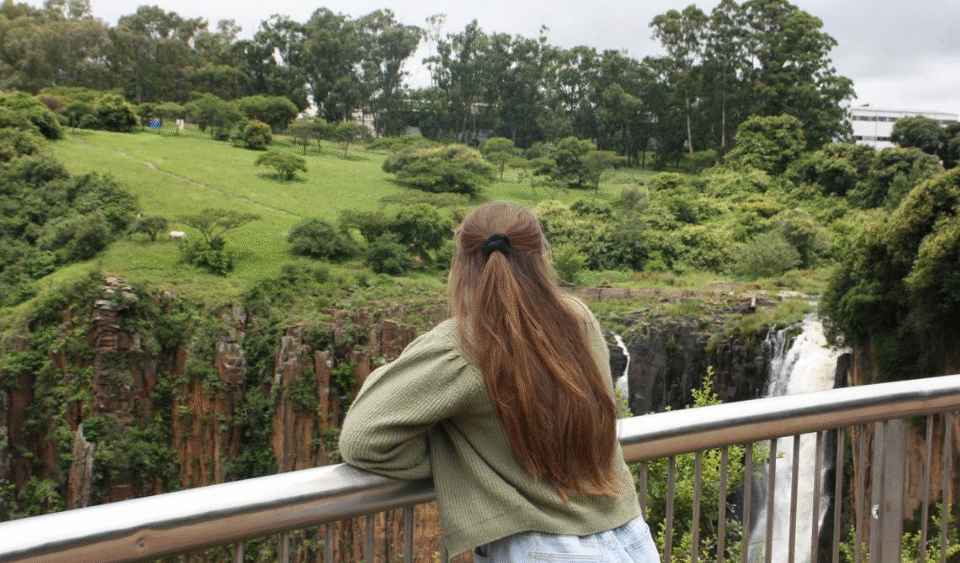Let me put something uncomfortable on the table. We’ve got a generation of men drowning in silence, and it’s time we talked about it.
Let’s address the elephant in the room: this relentless labeling of anything traditionally masculine as “toxic.” We’ve overcorrected so hard that basic male traits – competitiveness, stoicism, physical strength, protecting your own – are treated like psychological disorders that need fixing. Here’s a truth that’s becoming dangerous to say: being masculine isn’t toxic. It’s how we’re wired, it’s in our DNA, and it’s what drove men to build, protect, and explore for millennia.
The pendulum swung too far, but I believe it’s finding its center again. More men are waking up to the fact that embracing your masculinity doesn’t make you broken – denying it does. There’s still value in old-school virtues like honor, discipline, and the warrior spirit. The problem isn’t masculinity; it’s the lack of proper mentorship and role models to channel these powerful drives in constructive ways.
Late last year, during a conversation I had with a US coaching institute, something hit me hard. They’re desperately seeking male coaches because young men are struggling. Not just struggling – they’re lost in a maze of conflicting messages about what it means to be a man in 2025.
Here’s the truth, the “I can handle it” narrative is killing us. Literally. I see it in my coaching practice – successful men, outwardly strong, inwardly crumbling. They’re caught between “don’t be a pussy” and “toxic masculinity,” searching for solid ground that doesn’t seem to exist anymore.
Let me be crystal clear. I believe in masculinity. I believe in facing challenges that scare the shit out of you – it’s why I pursue my Arctic expeditions. There’s something primal and necessary about testing yourself against the elements, about feeling that edge of fear and pushing through it anyway.
But here’s what too many men don’t get: True strength isn’t about being bulletproof. It’s about having the courage to acknowledge when things aren’t okay. It’s about understanding that suppressing your emotions doesn’t make you stronger – it makes you a ticking time bomb.
A quick reality check. If the only time you can open up to your “friends” is when you’re six beers deep, you don’t have friends – you have drinking buddies. And there’s a fucking canyon of difference between the two. It happens too often – men who think they’re being vulnerable and authentic because they get drunk and rant about their problems every Friday night. But here’s the thing: if you need alcohol to lubricate your honesty, you’re not building real connections. You’re just renting temporary courage, and the price is steep.
When was the last time you sat across from another man, stone-cold sober, and had a real conversation about your fears, your struggles, your ambitions? If that thought makes you uncomfortable, that’s exactly why you need to do it. Your liver isn’t a therapist, and your drinking buddies aren’t your support system. They’re just fellow avoiders in a society that’s made avoidance an art form.
I watch young men online, chasing caricatures of masculinity, following “alpha male” influencers who’ve never faced real adversity, and it scares me. We’re creating a generation of men who confuse Instagram or YouTube aesthetics with authentic strength.
What we need isn’t less masculinity – it’s more authentic masculinity. The kind that comes from facing real challenges, not manufactured ones. The kind that allows you to be both strong and vulnerable, decisive and empathetic, confident and willing to learn.
To that quiet voice inside you – the one you’ve been trying to drown out with gym sessions, work, or whatever your poison is – I see you. That voice isn’t weakness. It’s your authentic self trying to break through the bullshit.
Here’s the truth about bravery that too many people don’t get. Bravery is only brave when you overcome fear. If there’s no fear, you’re not being brave – you’re just going through the motions. Real courage isn’t about being fearless. It’s about feeling that knot in your stomach, that voice telling you to stay safe, stay quiet, stay small – and pushing forward anyway.
That’s why the hardest acts of bravery often happen in quiet moments when no one’s watching, when you finally decide to face what you’ve been running from.
I’m not here to coddle you. But I am here to tell you that real mental fitness is as crucial as physical strength. And just like you wouldn’t try to deadlift 400 pounds without proper form, you shouldn’t navigate your internal landscape without guidance.
Ready to have an honest conversation? Let’s talk.
No judgment, no bullshit – just real conversations about building genuine strength, inside and out.






